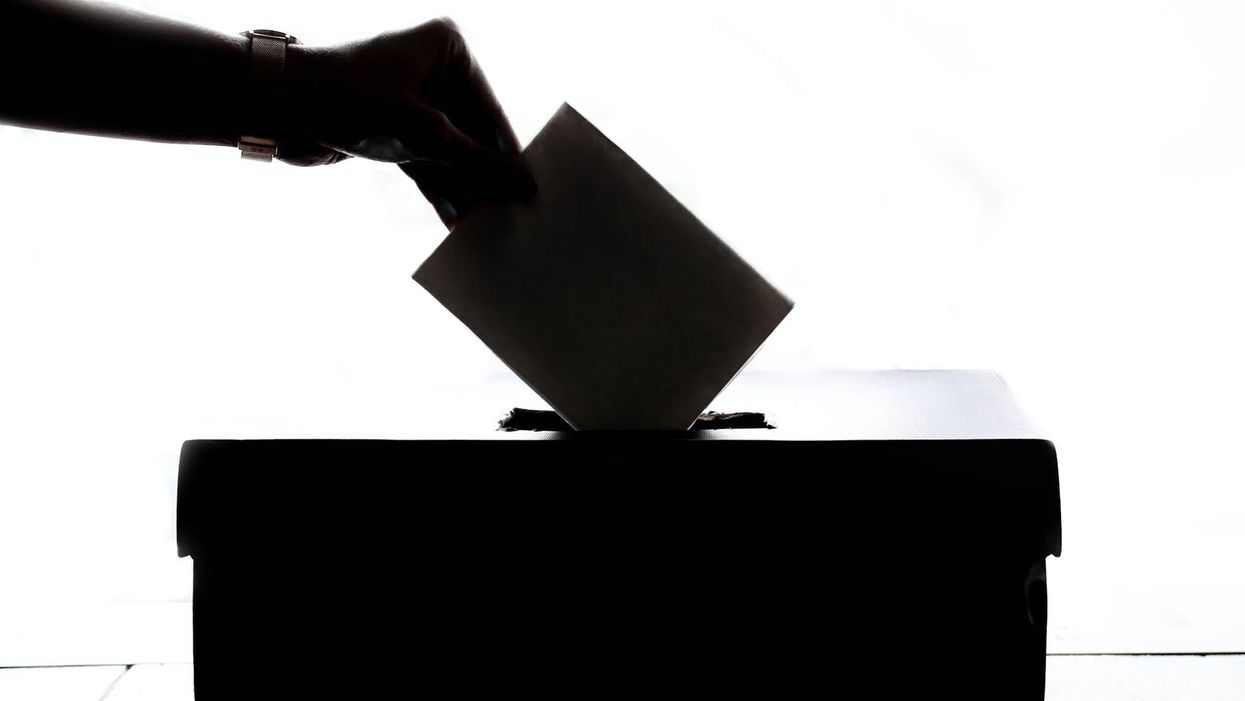
New York Times/Siena College has Democrat Joe Biden at 50 percent and Republican President Donald Trump at 36 percent; CNN has Biden at 54 percent and Trump 36 percent; Fox News has Biden at 50 percent and Trump at 38 percent. These recent national polls have left Democrats almost giddy with anticipation. But before Democrats put the champagne on ice, they would be wise to remember the prophetic words of an authentically wise Texan. Former Gov. Ann Richards said, on July 3, 1988, on CBS's "Face the Nation": "July does not a November election make."
After the Democrats' successful convention in Atlanta in 1988 (when keynote speaker Richards explained Republican nominee George H.W. Bush's verbal bloopers with, "Poor George, he can't help it. He was born with a silver foot in his mouth"), the respected Gallup poll reported the Democratic ticket of Massachusetts Gov. Michael Dukakis and Texas Sen. Lloyd Bentsen trouncing the GOP team of Bush and Indiana Sen. Dan Quayle 55 percent to 38 percent. On Nov. 8, Bush carried 40 of the nation's 50 states, won 53 percent of the popular vote and became the first sitting vice president since Martin Van Buren in 1836 to be elected president.
It is true, as Trump-backers point out, that preelection polls in 2016 predicted with 90 percent confidence that Hillary Clinton would defeat Trump and win the White House. Just to review that year's final preelection numbers and results of the three of the best-known polls: The Wall Street Journal-NBC News survey found Clinton with 48 percent of the vote; ABC News-Washington Post predicted 47 percent for Clinton; CBS News gave Clinton 47 percent of the popular vote. Hillary Clinton did, in fact, win 48.2 percent of the popular vote to Donald Trump's 46.1 percent. But as we all learned, presidential elections are about carrying states and their electoral votes, not just about winning people's votes.
So, what is to prevent Trump from duplicating his 2016 winning game plan in 2020? First, we must remember just how unique that Clinton-Trump matchup was. The Gallup poll, which has been asking voters since 1956 whether their personal feelings were favorable or unfavorable toward the presidential nominees, found that Trump's 61 percent unfavorable score was the worst in Gallup history. By comparison, in 2008, Gallup had found Republican John McCain at 67 percent favorable and Democrat Barack Obama at 62 percent favorable. In 1984, Democrat Walter Mondale, who won just one state against Ronald Reagan, was rated 66 percent favorable, and Reagan was rated 71 percent favorable. What was unique about 2016 was that Hillary Clinton's 52 percent unfavorable score was the second-worst ever found by Gallup.
So, it turned out, not surprisingly, that nearly 1 out of 5 on Election Day 2016, according to the exit polls, had unfavorable feelings toward both Trump and Clinton. But, as we were told repeatedly before that election day, Clinton was going to win, and Trump was going to lose. So, voters who disliked both Clinton and Trump were able, they were told, to cast a "free vote" for Trump, who was not going to win, and against Clinton, who they did not want to have a landslide victory. Voters who disliked both 2016 nominees ended up voting by a 3-2 margin for Trump and almost certainly providing the margin for his electoral college victory.
In 2020, Donald Trump is not a "free vote." And in the respected judgment of Wall Street Journal-NBC News poll co-founder Peter D. Hart, Trump is a bad fit for voters in this crisis year: "Sadly, Donald Trump is a 'me president' at a time when America needs a 'we president.'" Can Joe Biden be that "we" president the country is looking for?
To find out more about Mark Shields and read his past columns, visit the Creators Syndicate webpage at www.creators.com.







